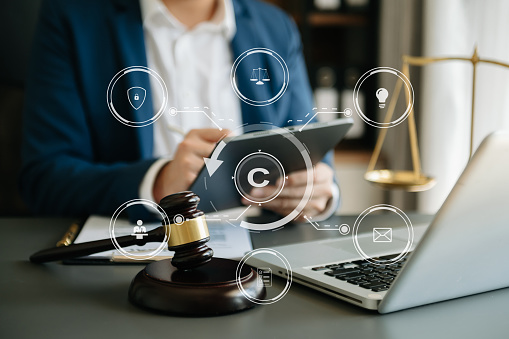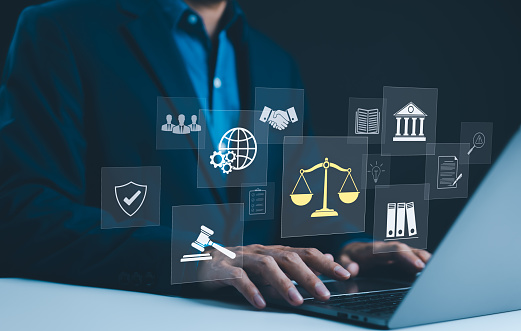Copyright Attorney In Brooklyn, NY And Bucks County, PA

Protect Your Creative Work by Copyrighting it
Protect your creative works with the guidance of Leonid Mikityanskiy, a skilled copyright attorney with 20 years of experience in copyright law. Serving clients in Brooklyn, NY and Bucks County, PA, Leonid specializes in securing copyright protection and defending against infringement, ensuring your works are safeguarded under U.S. law.
What is Copyright Protection?
Copyright is a legal protection granted to original works of authorship, including books, photographs, software, films, and more. This protection attaches as soon as the work is created and fixed in a tangible medium, granting the author exclusive rights.

Copyright Services we Provide
- U.S. Copyright Registration – Registering your creative works with the U.S. Copyright Office
- Preregistration for Unpublished Works – Protect computer programs, films, music, books, and photographs before they are published.
- Works for Hire and Joint Works – Establishing ownership for collaborative and commissioned works.
- Derivative and Compiled Works – Protecting adaptations and collections of existing works.
- Copyright Licensing – Drafting agreements to license your works to others.
- Enforcement and Defense – Addressing copyright infringement through litigation and cease and desist letters.
- Digital Millennium Copyright Act (DMCA) – Handling online copyright infringements.
- Preventing Importation of Infringing Copies – Working with U.S. Customs to block unauthorized copies.

What Can Be Protected by Copyright?
Copyright protects a wide range of creative works, from literary and musical compositions to software and architectural designs. While it does not cover ideas or methods, it secures the expression of these concepts.
Benefits of Copyright Registration
- Legal Prerequisite for Federal Lawsuits – Registration is required to file an infringement case in court.
- Eligibility for Statutory Damages and Attorney’s Fees – Register within three months of publication to maximize legal remedies.
- Public Record and Evidence – Establishes a public claim and is evidence of validity in court.
- Customs Protection – Enables recording with U.S. Customs to prevent importation of infringing items.
Contact an Experienced Copyright Attorney in Brooklyn, NY & Bucks County, PA
For expert legal advice on copyright protection and enforcement, contact Leonid Mikityanskiy. Schedule a confidential consultation at our Brooklyn, NY office at 718-256-3210 or our Southampton, PA office at 215-357-1400.

